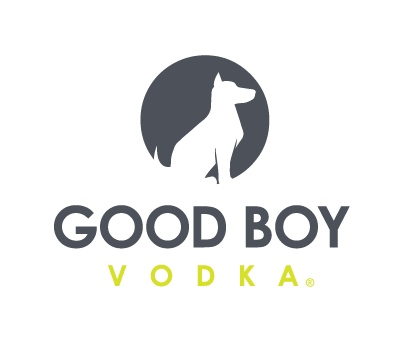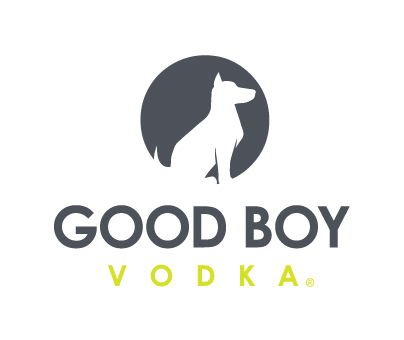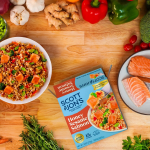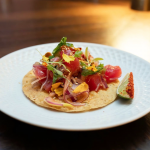Superfood Dressing and Snack Brand Greenjoy Announces Closing
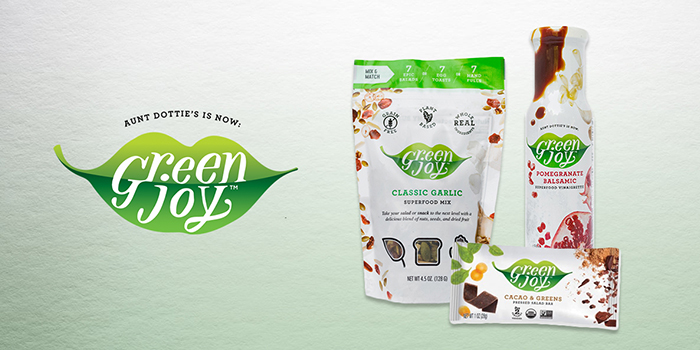
Greenjoy CEO and founder Jenny Cawthon announced last week that the superfood dressing and snack brand was closing. The South Carolina-based brand decided to end its eight year run following expensive operational issues at the end of last year compounded by the tepid investment landscape at the beginning of the pandemic.
The remaining stock of its products will remain on shelves at retailers such as TJMaxx, The Fresh Market and Whole Foods into the new year.
Originally launched in 2012 as Aunt Dottie’s, a producer of salad dressing, the company rebranded to Greenjoy in 2018. With the original goal of “mak[ing] veggies irresistible” and changing the way younger generations viewed vegetables, Cawthon said, the company further sought to expand upon this mission by launching nut and seed-based Superfood Mixes and veggie-based Pressed Salad Bars in recent years.
The brand had distribution concentrated in the eastern U.S. at retailers such as Whole Foods, The Fresh Market, Publix and Hannaford. The natural products industry was “simpler” during Greenjoy’s early days, according to Cawthon, and the brand was an early adopter of clean label products before the speed of new better-for-you brands and products entering the market accelerated over the last few years.
“When we started in this business, the industry was much different, and the pace was different,” she said. “We were one of few brands sort of standing up for clean label, and not just basing our ingredient decks off of what was allowable in Whole Foods, but more what we knew to be clean and safe.”
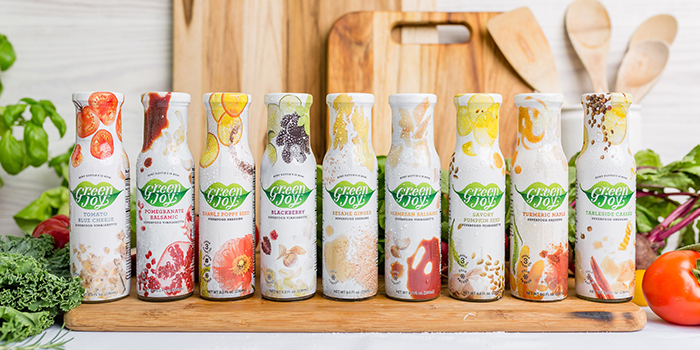
The increasingly fast pace of the industry would ultimately lead to operational struggles for the brand, Cawthon said. Greenjoy’s distribution grew 800% in a 90 day period in the spring of 2019, with accounts such as Whole Foods and Wegmans. Soon after this expansion, the brand’s director of operations left the company and before her departure, Cawthon said, accidentally over-ordered production runs, packaging and ingredients, likely in anticipation of that distribution growth, according to Cawthon. This move left the brand cash-strapped by the end of that summer.
“It was extremely challenging, the numbers were really, really big for an emerging brand,” she said. “We were kind of working through that, and I felt good about the way we were doing it. When everything else piled on, it was just sort of more than the dam could withhold.”
While the brand had previous investment from angel investors, it began gearing up for its “first big round” at the end of 2019. But when the pandemic hit earlier this year, Cawthon found that investors turned their focus to preserving their portfolio companies, halting any potential deals, she said. On top of that, Cawthon said the brand was facing issues with co-packers, being forced to put its Salad Bars on hold, and dealt with challenges transitioning from regional distributors to UNFI. Even as it gained new distribution at Whole Foods this year, sales slowed, particularly in the Northeast, an area that was hit hard early in the pandemic.
“Everything hit at once, and without having the funding that we had been working on, we didn’t really have anywhere to turn,” she said.
Cawthon said the brand shifted its attention to digital as fewer people shopped in stores, putting together a social media strategy focused on nano influencers in an attempt to conserve cash flow while increasing brand awareness. Still, she said, the brand struggled to shift its sales online, finding it difficult to land on a sustainable option for shipping its refrigerated dressings, which are packaged in glass bottles. While Greenjoy’s team was getting close to finding solutions, she said cash flow challenges made it “virtually impossible.” Amid the push to shift online that Greenjoy and many brands have faced this year, Cawthon said she’s realized now that a strong ecommerce presence is essential for driving loyalty and engagement.
“A lot of the brands that I’m kind of talking to today, they’re struggling on how to get in front of retailers right now,” she said. “I think that you can take a step back and not have to get in front of retailers right now, if you can build your ecomm business. Then you can go in front of any retailer and tell them the data, show them the data story of what you’ve built. And it’s a much easier conversation at that point.”
Looking ahead, Cawthon said she plans to take some time off in January before diving into “potential opportunities” advising brands in the natural products industry, continuing her love for the “passion and drive” of entrepreneurs.
While the natural products industry may have evolved since Greenjoy’s beginnings, Cawthon offered one piece of timeless advice to emerging brands: strong connection with consumers is key.
“It all starts with that relationship with the consumer, and it’s an evolving relationship,” she said. “But if you don’t have that concrete foundation of engagement with the consumer, then even if they’re buying your product, it’s not going to stick. So that’s got to come first.”








